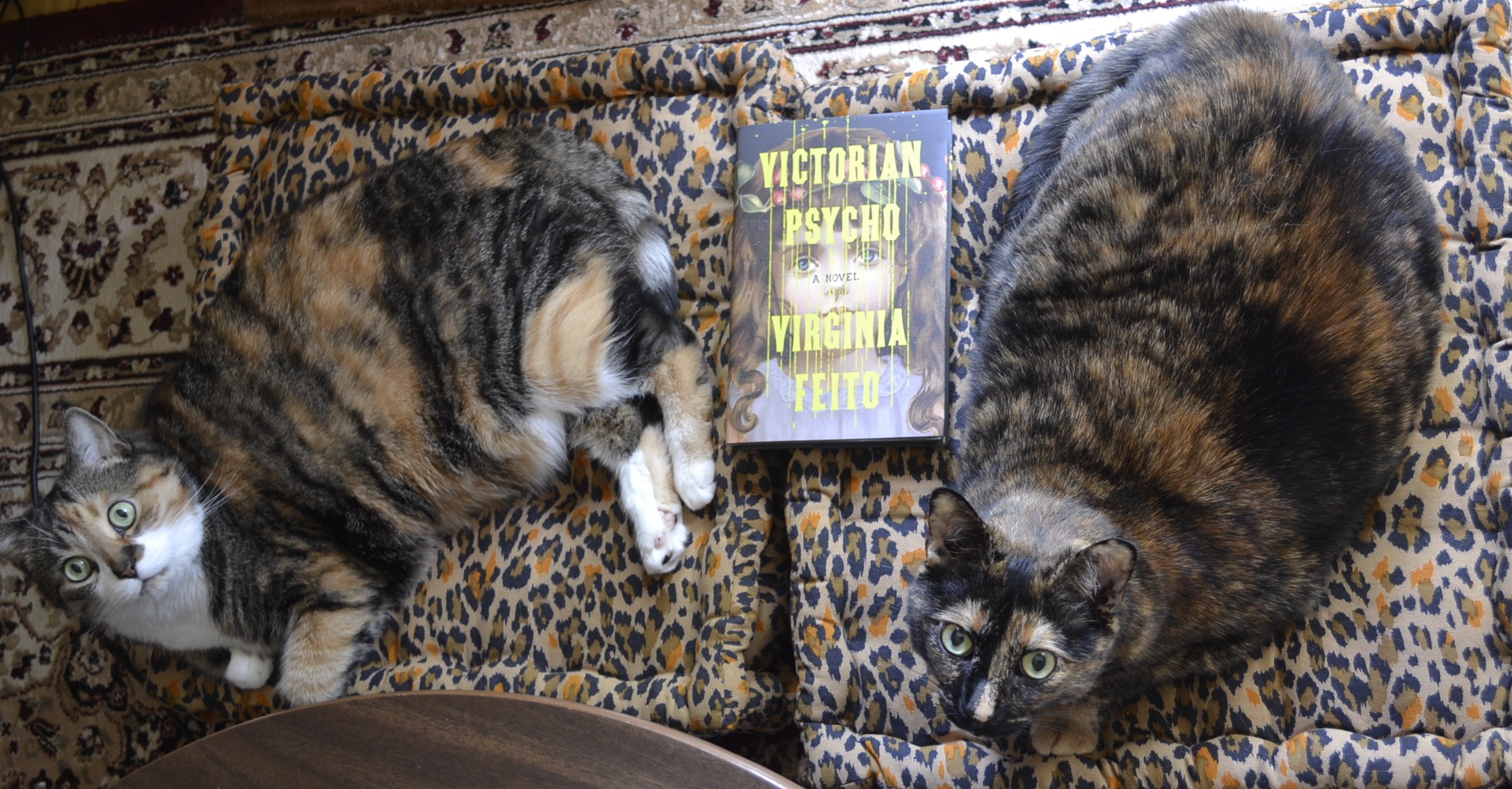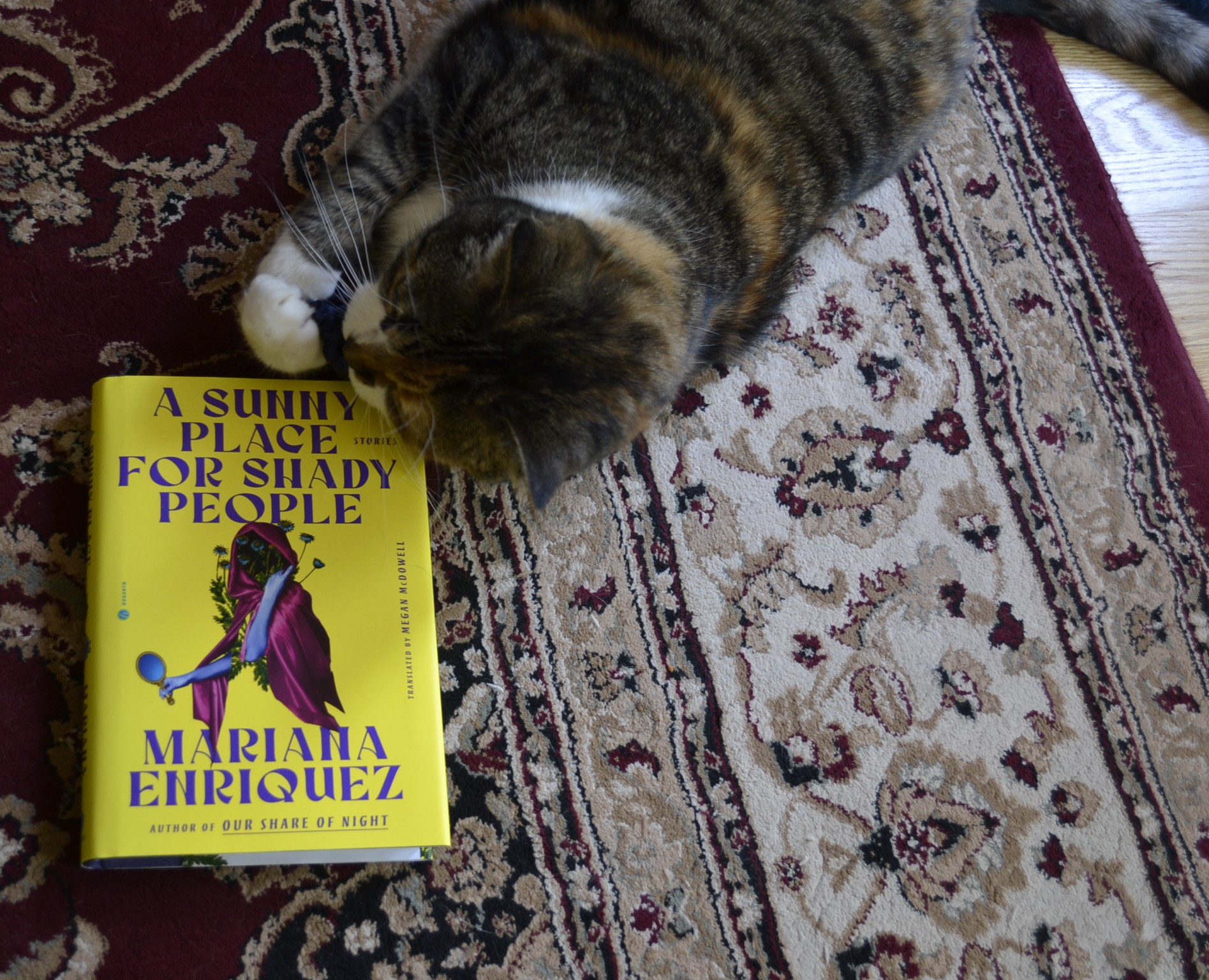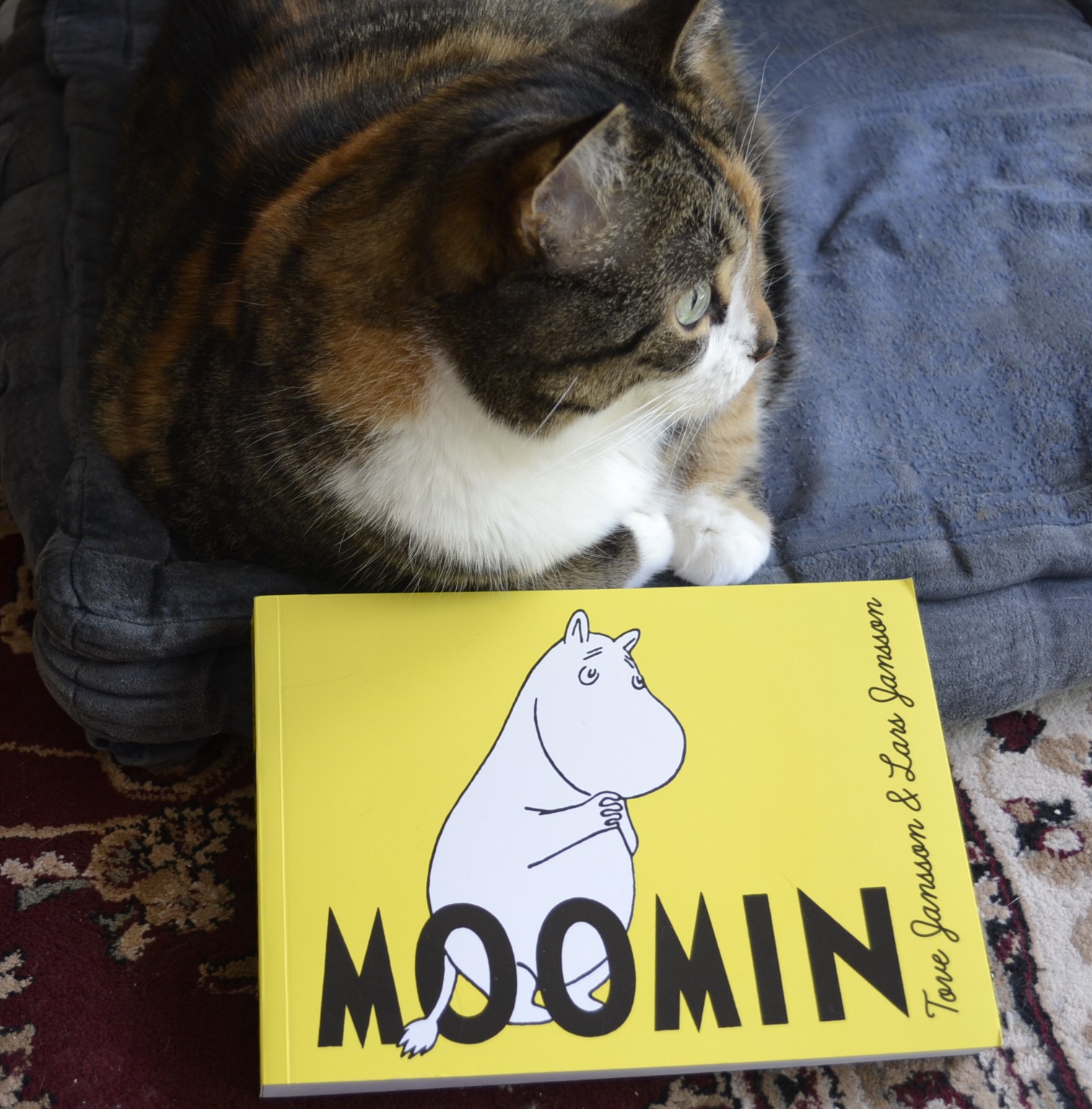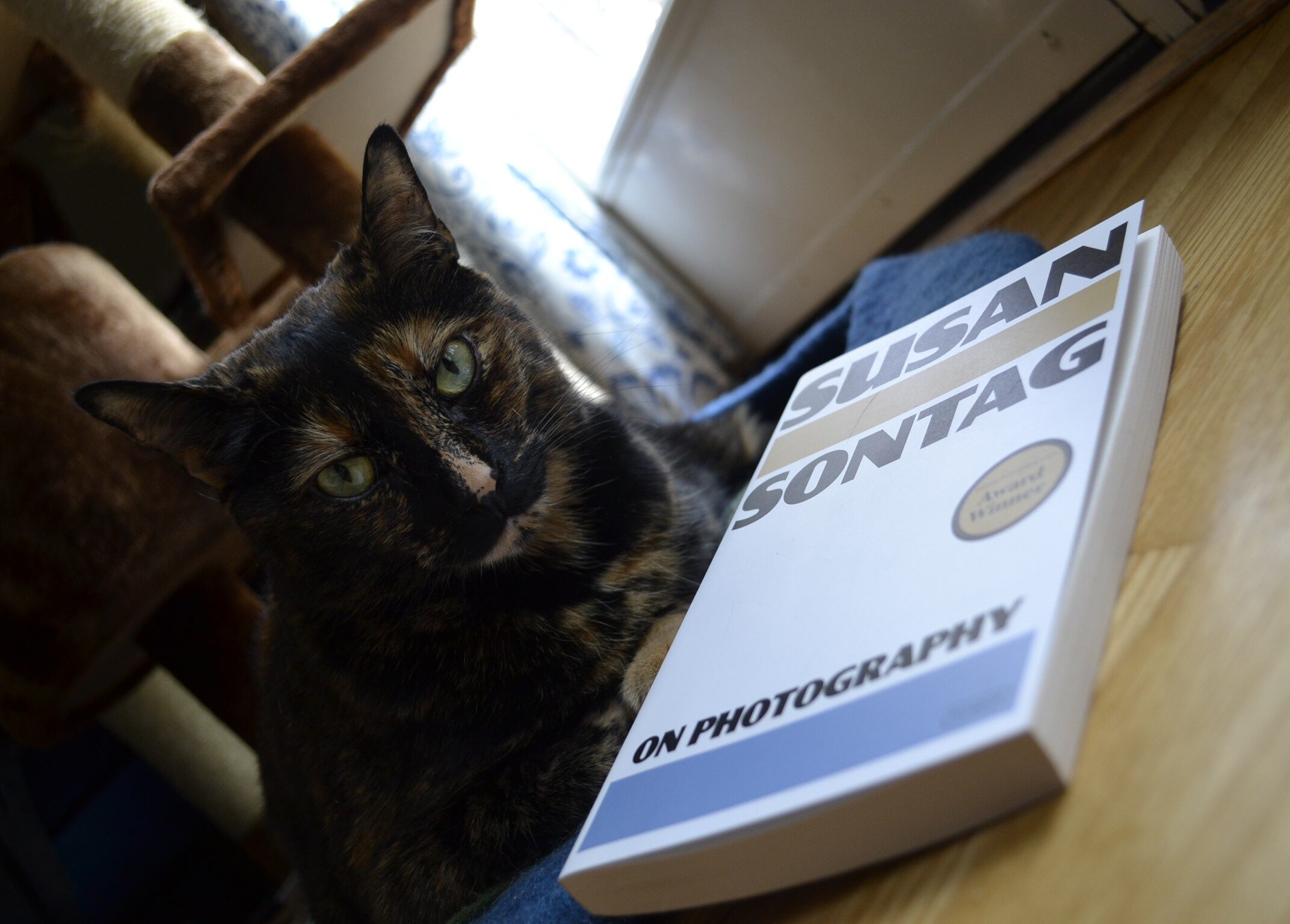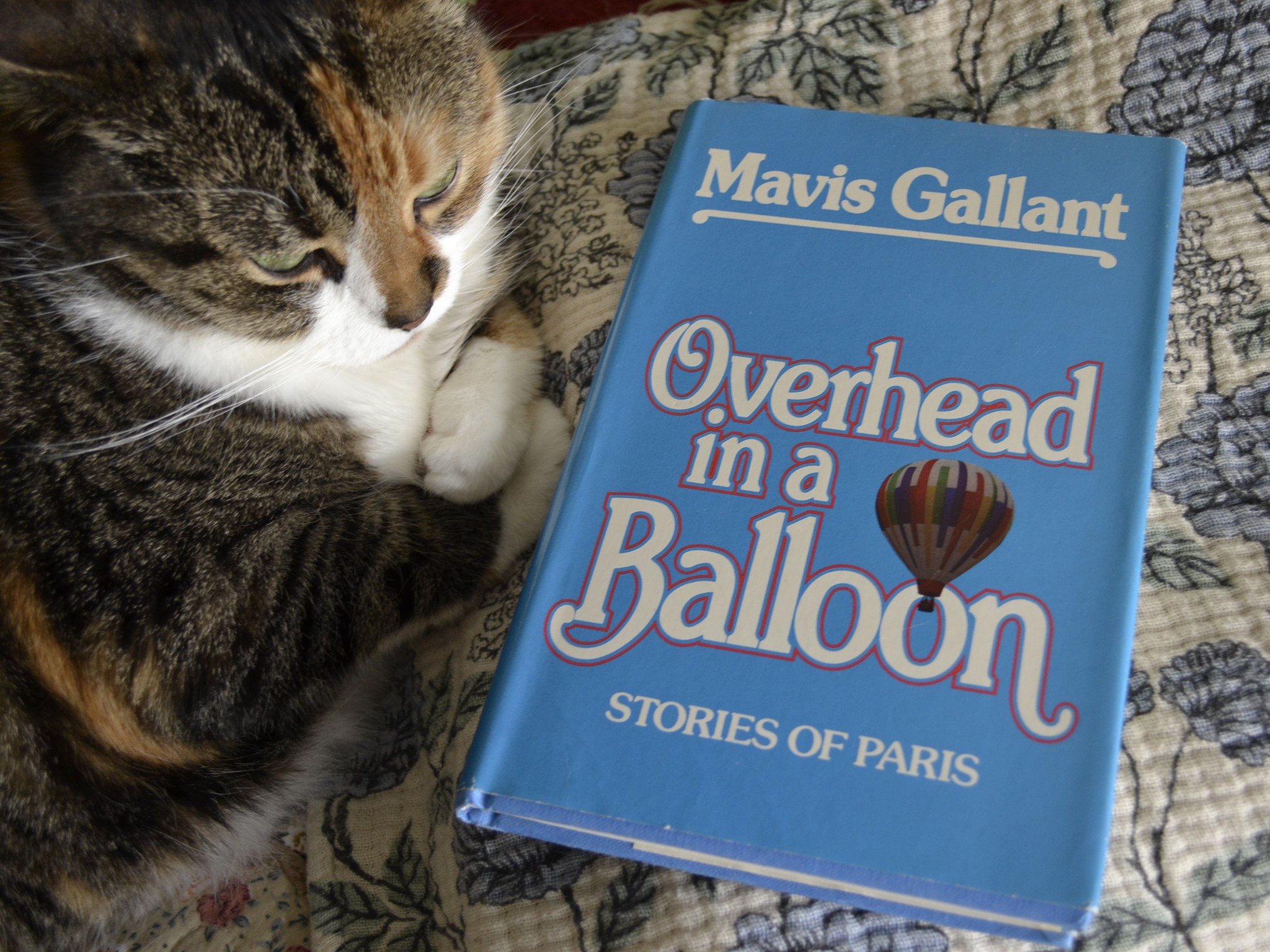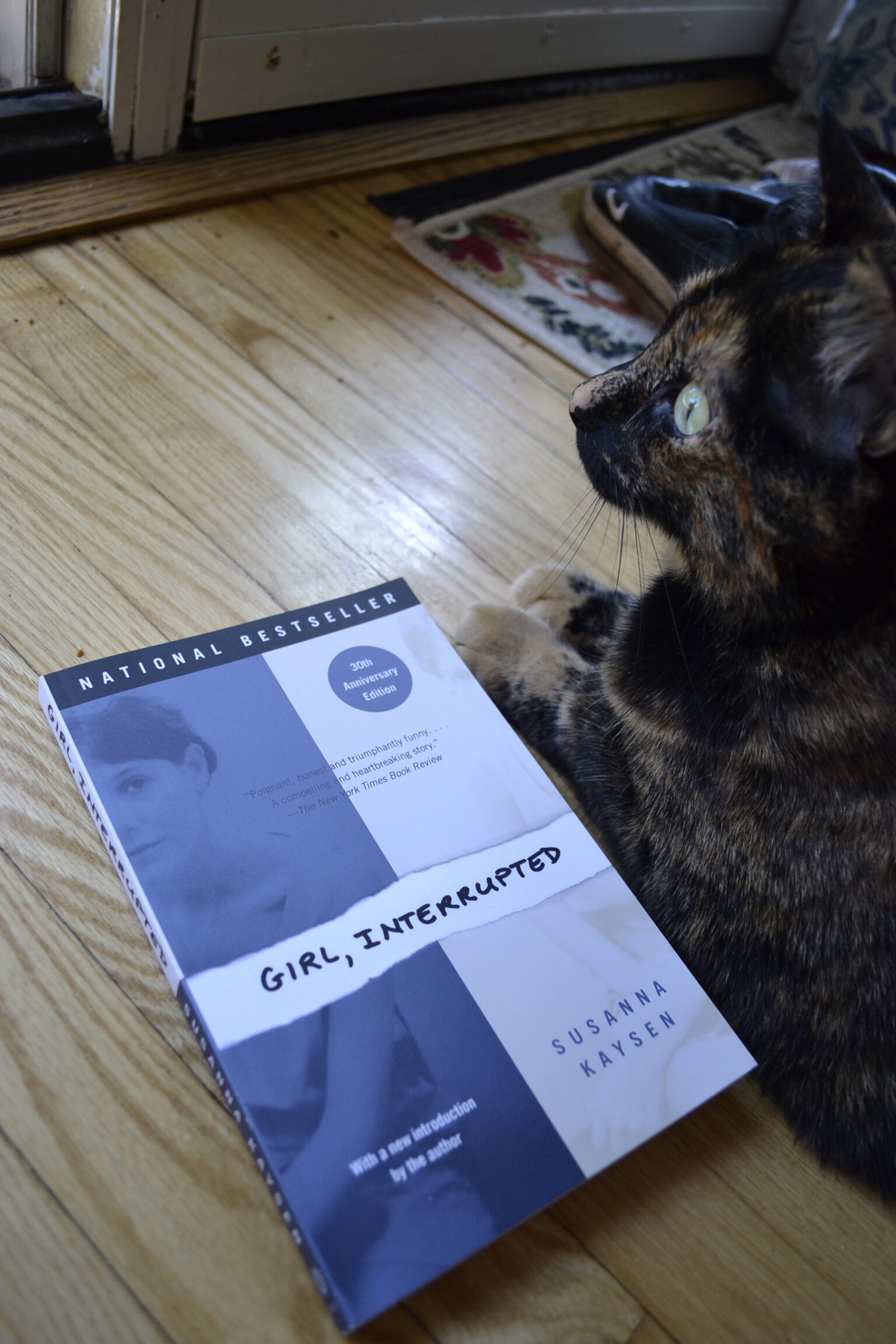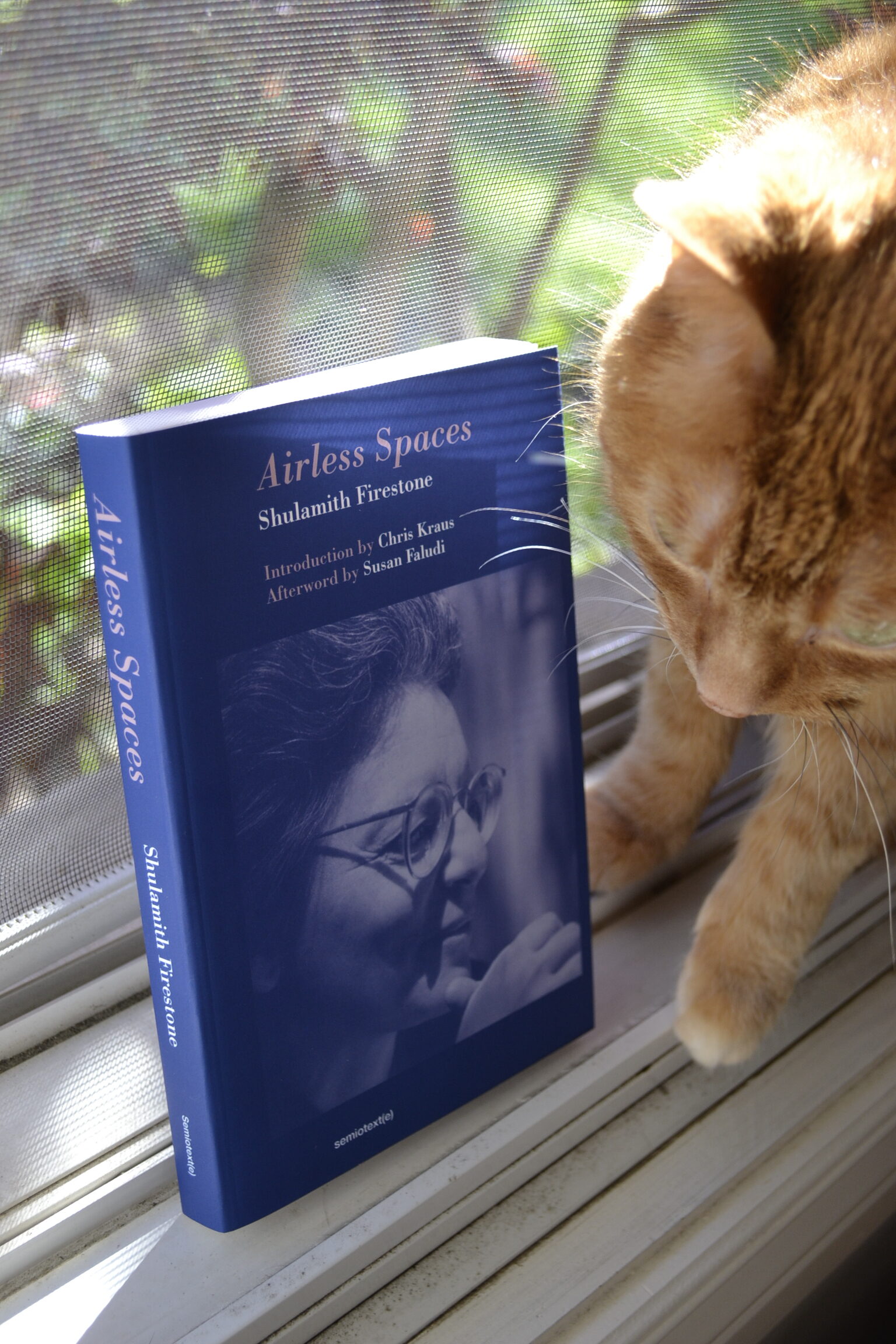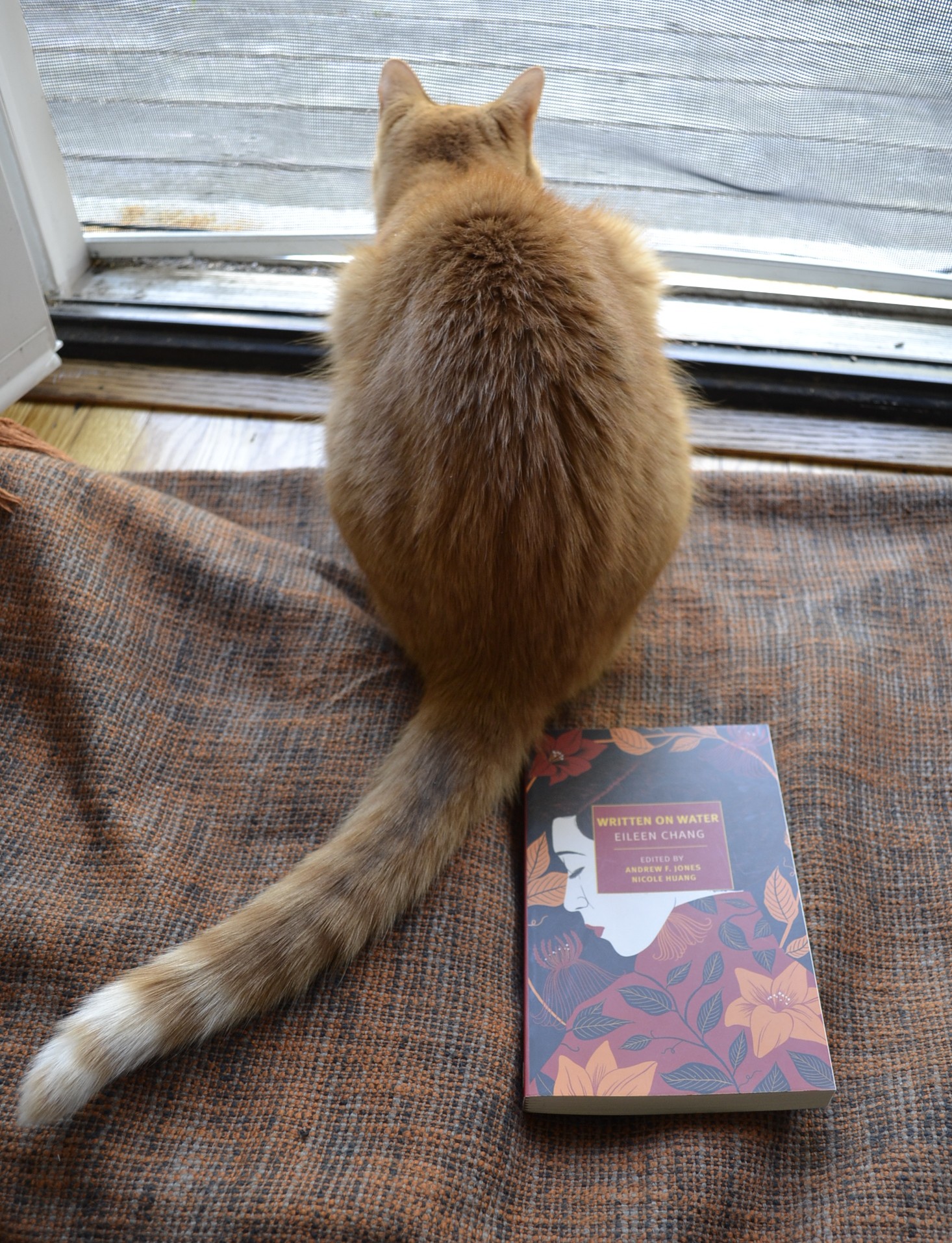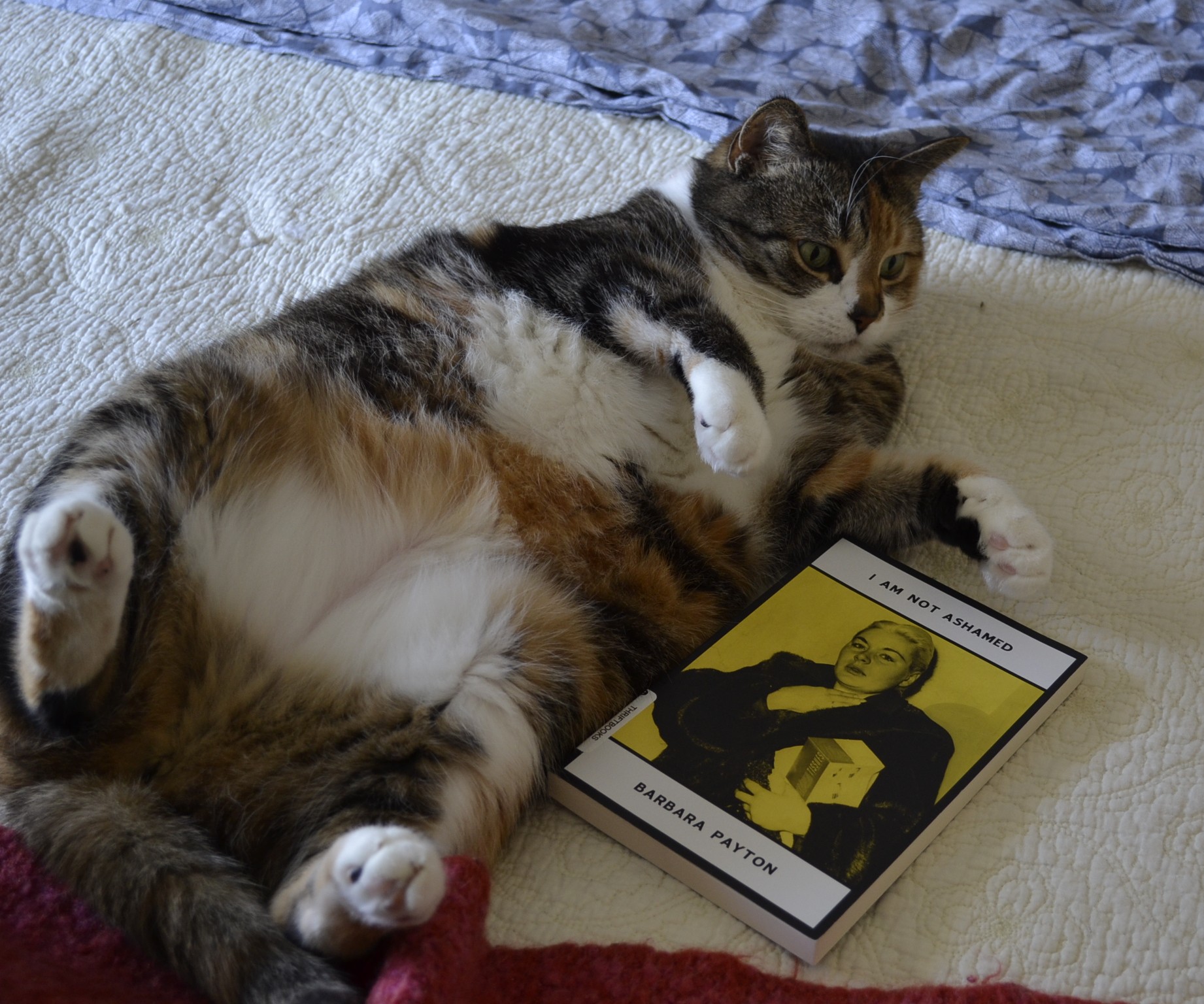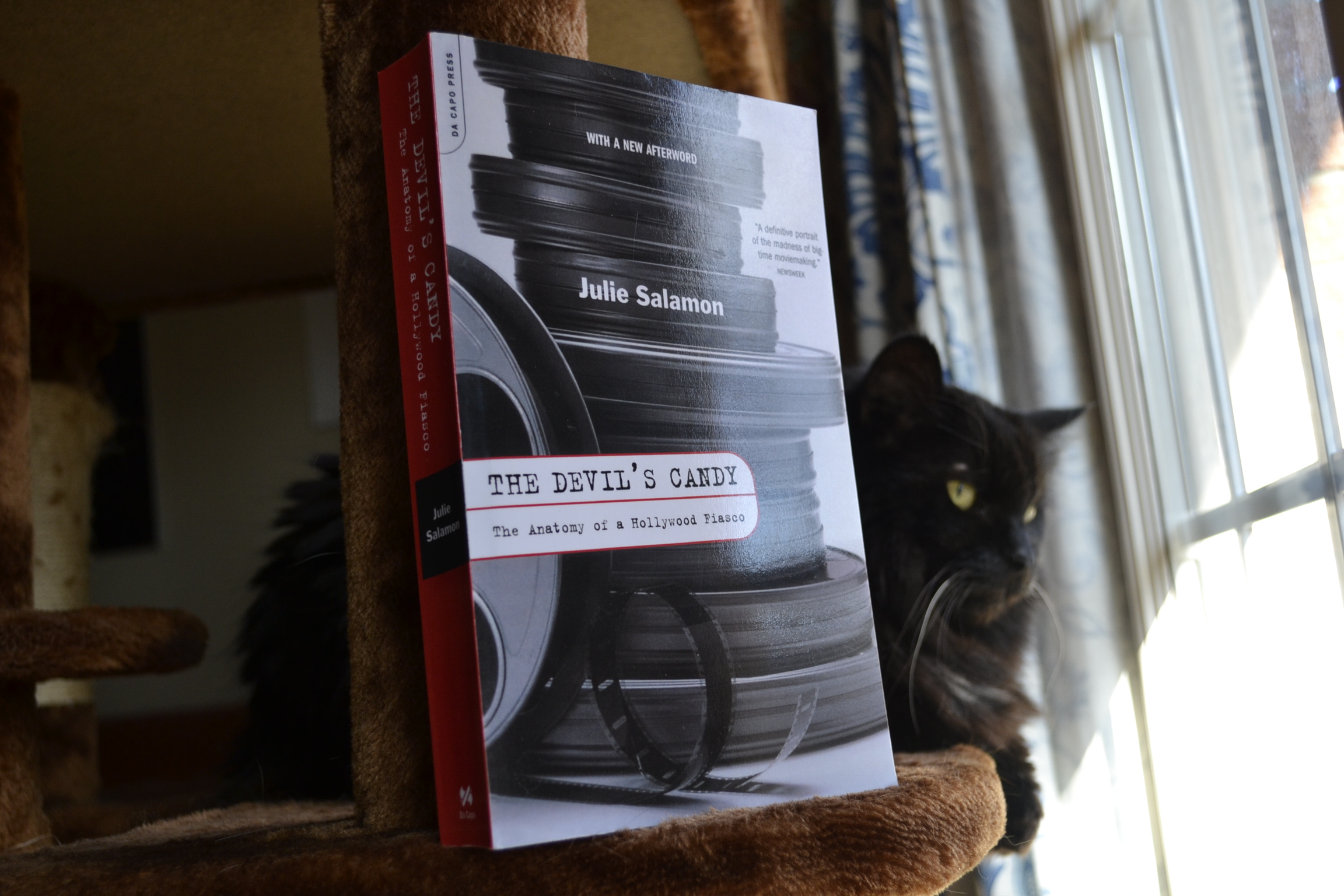Victorian Psycho
Summer Cold It’s been one of those messy, chaotic weeks. Lots of phone calls, lots of errands shoved into not a lot of time. Reading has gotten shoved into the backburner, and we haven’t had a lot of time to spend just quietly on the sofa together. That lack of time and reading time leads […]
